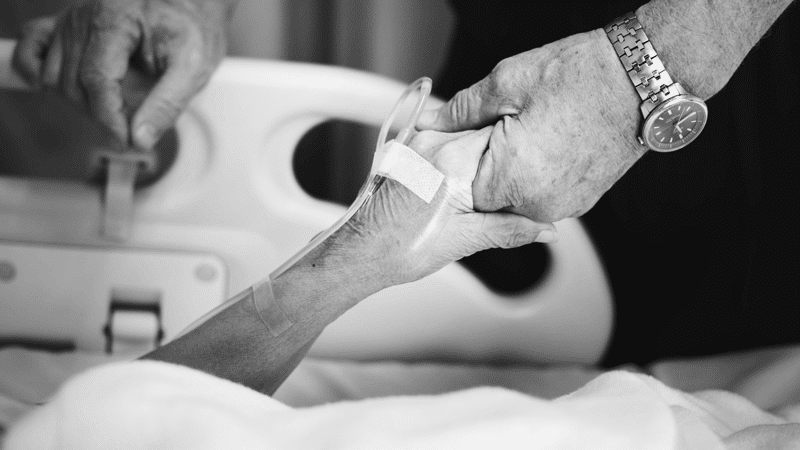Kim Leadbeater MP has refused to rule out the prospect of terminally ill people seeking help to kill themselves for fear of being a financial burden under her assisted suicide Bill.
Members of the Bill’s Committee Danny Kruger and Rebecca Paul pressed Leadbeater on this point, but the Labour MP would not give a clear answer.
In its current form, the Bill would allow patients in England and Wales deemed to be terminally ill patients and with less than six months to live to access assisted suicide.
Financial pressure
Danny Kruger MP asked: “If they can just have capacity, choosing to have the assisted death in order to save their family money would be acceptable under her Bill, would it not?”
He explained that under the current wording of the Bill: “As long as the doctor cannot find evidence of coercion, they would be obliged to approve the assisted death”. Leadbeater did not answer directly, merely responding that it was a “complex” issue.
Rebecca Paul MP pressed her, asking for a yes or no answer: “Would they be allowed to access assisted dying if it was very clear they had capacity, and their reason for it was simply to not cost their relatives a financial expense, and not be a burden?”
Leadbeater, the MP for Spen Valley, initially repeated the line that it would be ‘a complex conversation’, but eventually stated: “ultimately, it does come down to a question of autonomy and dignity and choice for patients”.which of my constituents will have to wait longer for an operation or a GP appointment because this parliament will authorise massive unspecified spending in our cash strapped NHS?
Labour MP Antonia Bance
Stretched NHS
In a recent debate on financing Leadbeater’s Bill, MPs raised concerns that, unlike palliative care which is only partly funded, assisted suicide has been given a “blank cheque” to be implemented.
Labour MP Antonia Bance asked: “If it is an NHS service, which of my constituents will have to wait longer for an operation or a GP appointment because this parliament will authorise massive unspecified spending in our cash strapped NHS?”
Her colleague Maya Ellis MP agreed that spending money on assisted suicide without expanding the overall budget would: “put further strain on our already stretched NHS”.
However, Kit Malthouse sparked concern by suggesting that assisted suicide could be seen as a “cost-saving measure”, as it would mean people who would otherwise be in “expensive care services” will choose to die.
Social pressure
Research published in 2022 in The British Journal of Psychiatry found that over two-thirds of those who chose assisted suicide for psychiatric conditions are women.
In response, actress and campaigner Liz Carr, producer of the BBC documentary ‘Better Off Dead?’, commented: “My fears are not about the euthanasia van coming round and shoving you in the back, it’s worse than that, it’s that we would choose it ourselves.
“We’ll choose it because we don’t get the right support, or we’ll choose it because, yes, we are socialised into certain beliefs, and that hugely relates to women, who I think are more likely to consider their families, their children.”
Dr Yvonne Waft, a clinical psychologist and wheelchair user, added: “There might be a point at which many women think, well, I’m worthless now; I can’t care for others, and that’s where there’s a risk that we might be persuaded, even by well-meaning family and friends, to think about assisted suicide as a way out.”

Whitty admits getting it wrong on capacity to choose assisted suicide
Leadbeater criticised for removing ‘ultimate safeguard’ from her assisted suicide Bill
Assisted suicide Bill: What we learnt from day 2 scrutiny
Assisted suicide bill: 10 key moments from day 1 of Committee scrutiny

